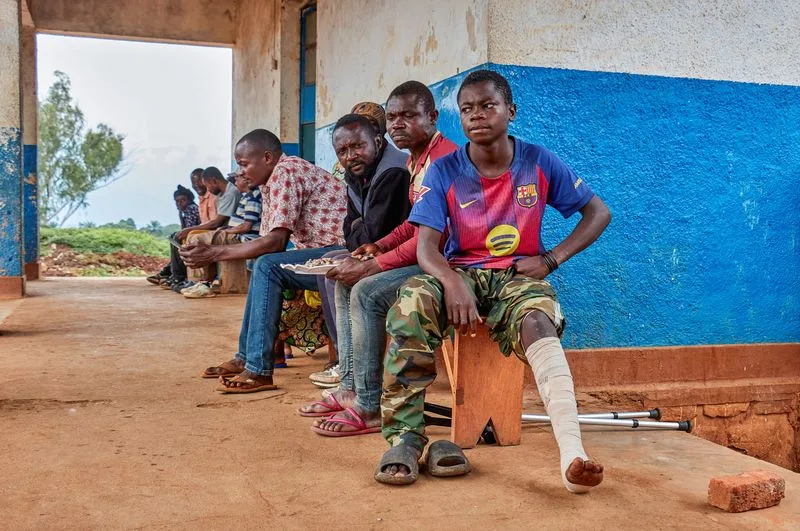
The recent World Economic Forum in Davos witnessed a somber tone as stakeholders grappled with the unfolding debt crisis in sub-Saharan Africa, deemed the most severe in the region’s history. Several African nations find themselves in default, grappling with soaring interest rates and unprecedented levels of indebtedness, hindering their capacity to fuel growth and development.
The roots of this dire situation trace back to the aftermath of the 2007-2009 global economic crisis, during which central banks in developed nations maintained historically low interest rates. This policy provided enhanced access to financial markets for Global South countries, including many in Africa. Notably, Kenyan economist Attiya Waris, a UN independent expert, emphasized that numerous developing nations seized upon these low-cost loans, often lacking adequate regulation and with encouragement from the International Monetary Fund (IMF).
While the influx of funds initially invigorated many African economies, the decline in commodity prices commencing in 2015, coupled with the impact of the Covid-19 pandemic, triggered a reduction in foreign currency revenues crucial for servicing debts. Consequently, countries found themselves caught in a debt spiral, resorting to acquiring new loans to repay old ones, diverting resources from critical sectors such as infrastructure, health systems, and education.
The World Bank has identified 22 countries at risk of over-indebtedness, with nations like Ghana, Zambia, Malawi, Chad, and Ethiopia in precarious positions. Fitch Ratings has placed Ethiopia on partial default, prompting negotiations for a rescue package. African public debt surged to $1.8 trillion in 2022, marking a staggering 183% increase from 2010. Beyond affecting economies, the crisis is deeply impacting the lives of ordinary citizens, with inflation and poverty escalating due to the burdensome debt. The resolution of this crisis holds the key to the future of development and prosperity in the region.
As concerns intensify, there is a growing call for international action to address the human toll of this crisis. Experts emphasize the urgent need for coordinated efforts to alleviate the economic burdens faced by these nations and prevent further deterioration of living standards.
The debt crisis is exacting a toll on essential sectors, with dwindling resources diverted from infrastructure, health systems, and education. As countries grapple with the dual challenge of servicing debts and sustaining critical sectors, the impact on long-term development and well-being is at a critical juncture.
The global economic implications of the sub-Saharan African debt crisis extend beyond regional borders. The interconnectedness of economies underscores the shared responsibility to find sustainable solutions. International cooperation and support are imperative to mitigate the crisis’s repercussions and set the stage for a more resilient and equitable economic future for the region.




